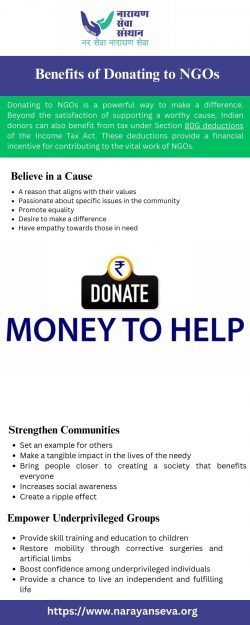Cloud Computing Essentials: Unlock Key Benefits, Practices & More
The article from SG Computers explores the fundamentals of Cloud Computing and its transformative impact on modern businesses. It covers essential service models, benefits, and best practices for implementation, emphasizing scalability, cost-effectiveness, and innovation. Below is a detailed summary:
Key Service Models
1. Infrastructure as a Service (IaaS) Offers virtual resources like servers and storage, enabling flexible and scalable application management.
– Examples AWS, Microsoft Azure.
2. Platform as a Service (PaaS) Provides a ready-to-use environment for development, focusing on innovation without infrastructure worries.
– Examples Google App Engine, Heroku.
3. Software as a Service (SaaS) Delivers pre-built, pay-as-you-go software solutions.
– Examples Salesforce, Office 365.
Benefits
– Efficiency Reduces investment in physical infrastructure while improving productivity.
– Scalability Adjust resources to business needs dynamically.
– Cost Savings Pay-as-you-go models eliminate high upfront costs.
– Innovation Simplifies deploying cutting-edge applications.
– Reliability & Security Ensures robust data protection and disaster recovery.
Implementation Strategies
– Assessment Evaluate business needs, scalability requirements, and data security concerns.
– Best Practices
– Start with small projects for adaptability.
– Prioritize strong security protocols.
– Train staff and optimize resources.
Migration Strategies like lift-and-shift or modernization ensure smooth transitions.
Security and Data Protection
-Importance Strong measures build trust and safeguard sensitive data.
-Practices Advanced encryption, compliance with GDPR/CCPA, and robust recovery plans.
Final Thoughts: Cloud computing is a key driver for business growth, innovation, and digital transformation. Companies adopting these solutions can achieve unparalleled operational efficiency and sustained competitiveness.
























































